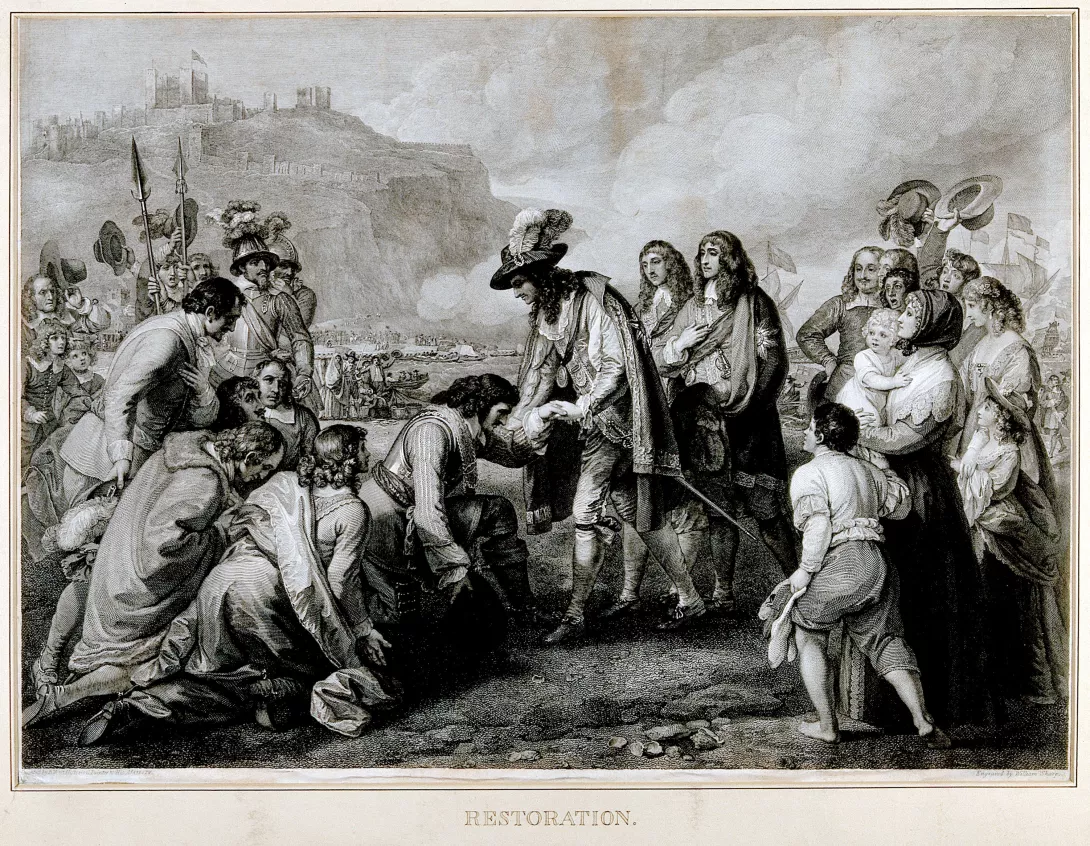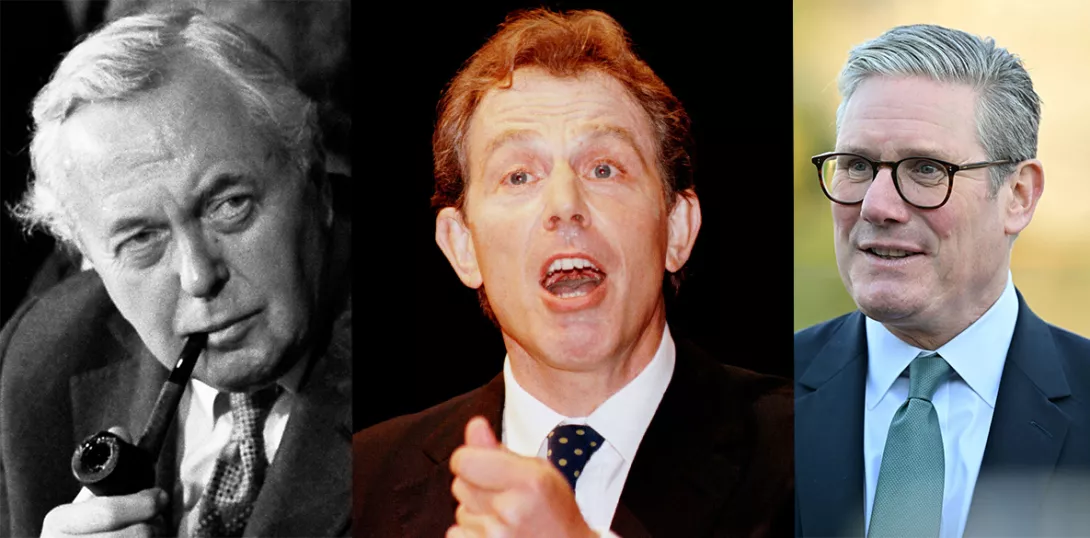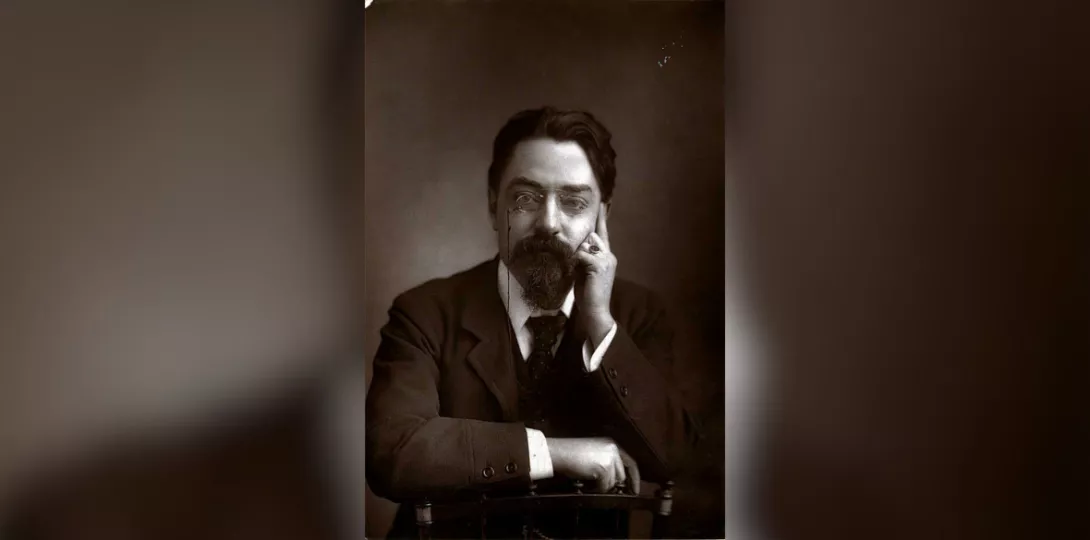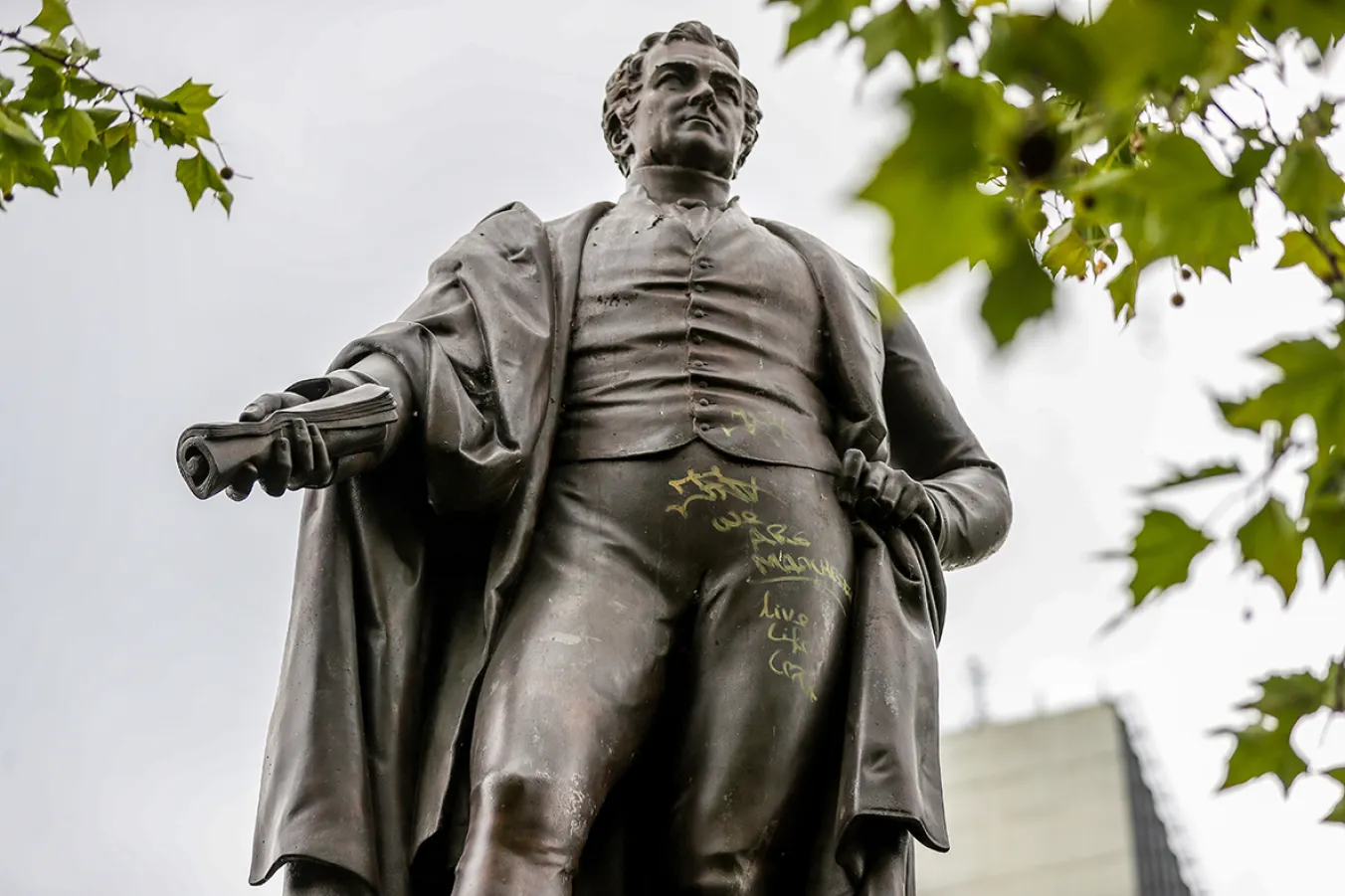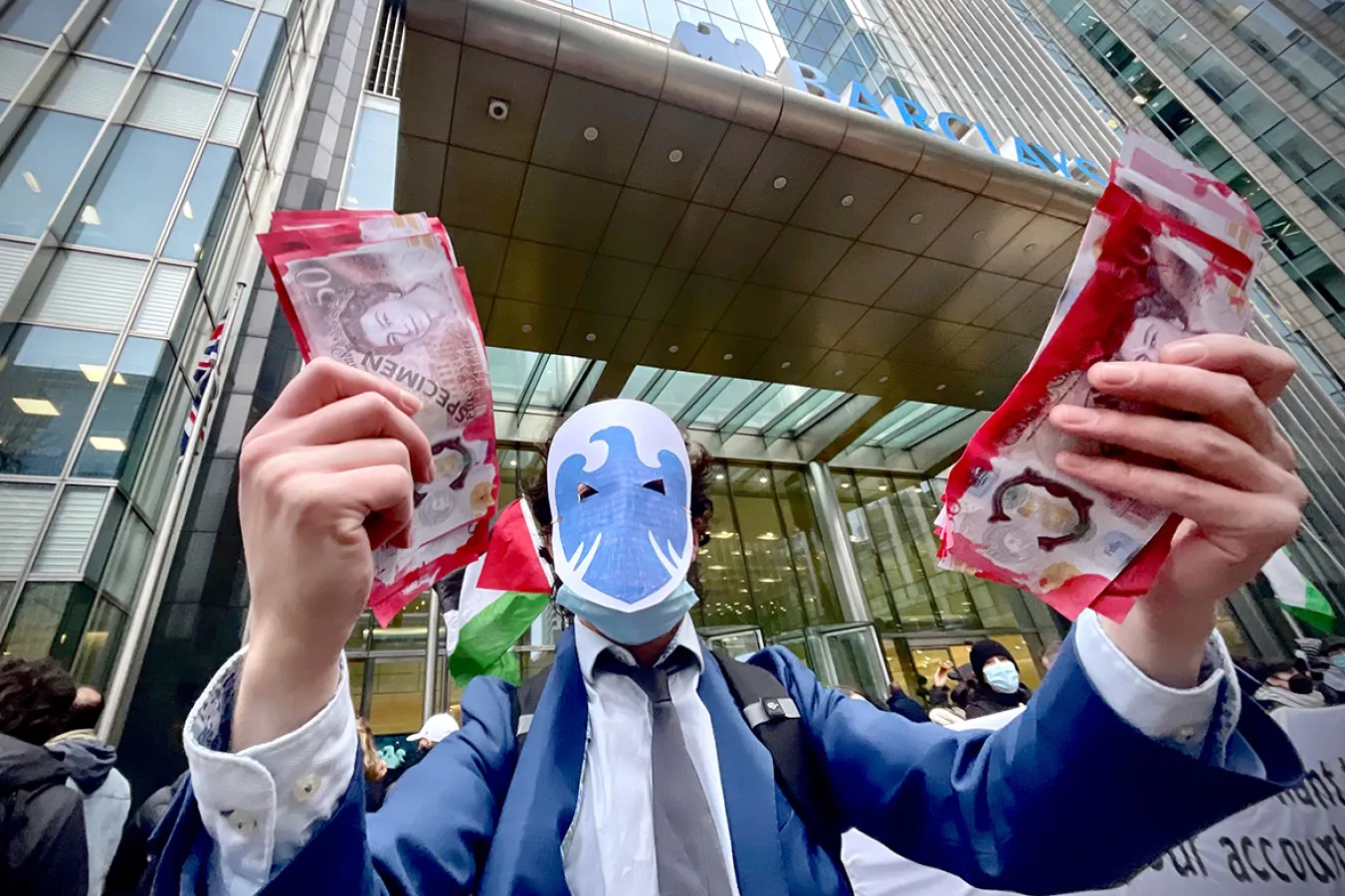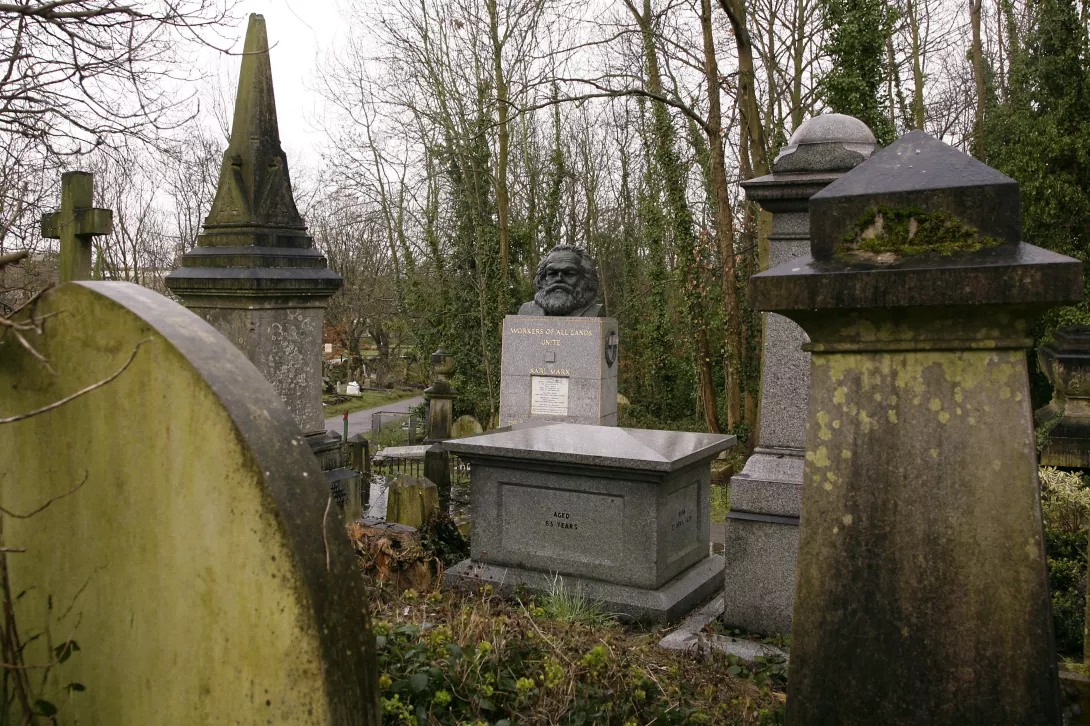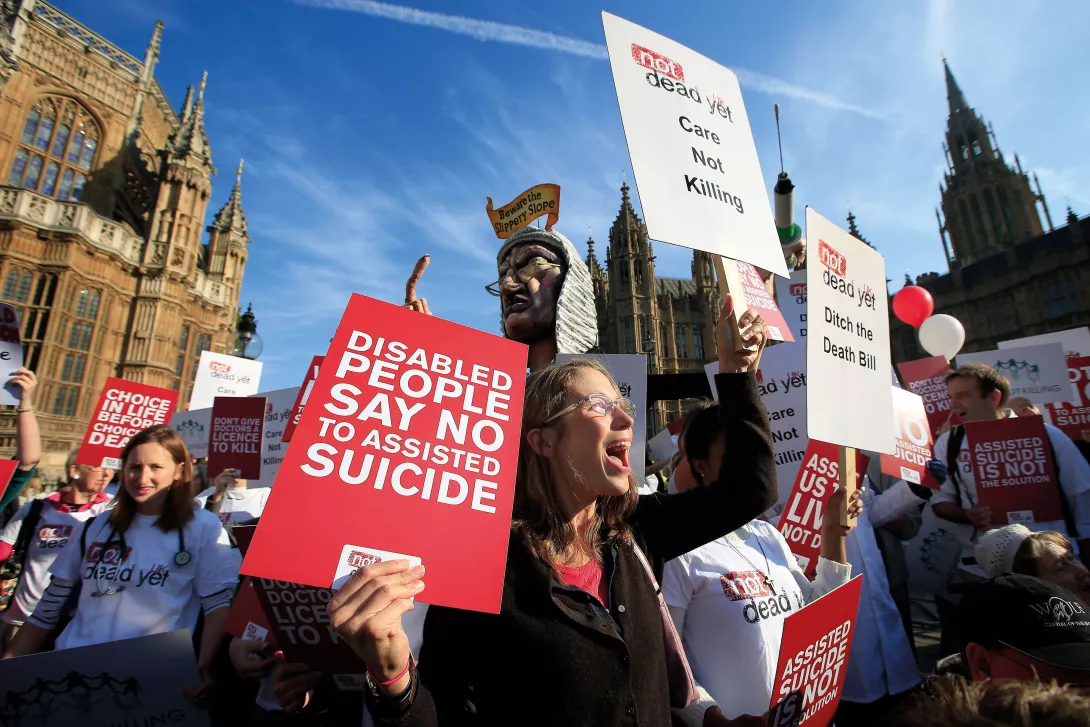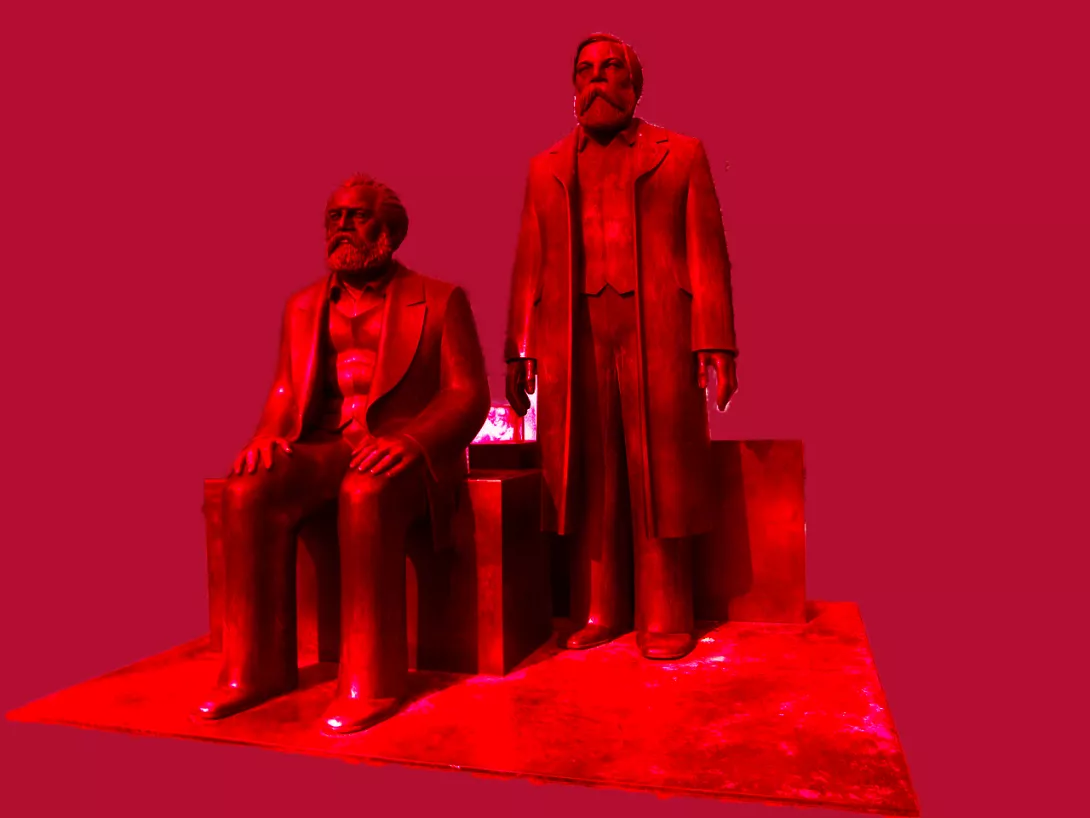
MARX AND ENGELS were of course not religious, so their correspondence has no record of them visiting church at Christmas or marking the birth of the baby Jesus. However, they still marked the end of the year with a degree of secular celebration.
Their correspondence in the 1850s and ’60s often finds them wishing those they were writing to a happy new year without particular reference to Christmas itself. We find, for example, Marx writing to Wilhelm Liebknecht on January 7 1875 and wishing him a “Happy new year!’
The traditions of Christmas in Britain were to a considerable extent reinvented by Charles Dickens in his Christmas Carol published 180 years ago this December.
Perhaps it’s no surprise then to find that references to Marx and Engels’ Christmas eating and drinking multiply as we get into the 1870s as the reinvented traditions bedded in.
Even so, Marx and Engels did not celebrate Christmas in each other’s company — and they also marked it a degree differently.
After all, until his retirement Engels was a Manchester businessman of some standing who had to conform to how the northern English bourgeoisie celebrated Christmas. Marx in north London had little money and his celebrations were more constrained.
Hence, while there is no record of Marx sending Christmas gifts to people, Engels certainly did. He wrote to Philipp Pauli on December 16 1876: “Yesterday I sent you, carriage paid, per CONTINENTAL PARCELS EXPRESS and thereon per German Imperial parcel post, a crate addressed to: Dr Pauli, Mannheim (Chemical Works, Rheinau), Germany, containing a PLUM PUDDING for your wife, a currant cake baked for you by my wife, a book, a small box of handkerchiefs and a small ink-pot for Pumps… The small crate also contains some Christmas evergreen, holly with its ritual red berries, for sticking into the pudding when it’s dished up. The holly’s right on top, so that the customs men get their fingers pricked.”
Marx, far from averse to a drink himself, on several occasions was to be found warning Engels not to drink too much at Christmas. As early as December 25 1857 he wrote to Engels: “I trust you won’t go out tippling too much during the holiday and these exciting times in Manchester and that you’ll pay due attention to your health.”
Then years later on January 3 1868, Engels, writing to Jenny Marx, underlined that Marx’s warning from the previous decade remained relevant: “I must apologise for leaving your letter unanswered for so long. But the Christmas period is the only time in the whole year when, apart from business, I am made to feel that I stand with one foot in the bourgeoisie, and here in Manchester, this entails a lot of eating and drinking and upset stomach, and the obligatory ill humour and waste of time. This is now fairly well over, and I am beginning to breathe freely again.”
However, Engels keenly aware of Marx’s circumstances, invariably made sure that Marx did not go short at Christmas either. He wrote to Jenny Marx on December 22 1859: “Dear Mrs Marx, I take the liberty today of sending you a dozen bottles of wine for the festive season in the hope that they will be to your liking and contribute to the FAMILY’S cheer. The champagne and Bordeaux (Chateau d’Arcins) can be drunk at once, while the port wine should be allowed to rest a little and won’t be in proper condition until about New Year.”
Socialism after all should mean that all, not just the rich, can enjoy the good things in life, as Marx and Engels at Christmas time underlined.
Keith Flett is a socialist historian. Follow him on X @kmflett.
